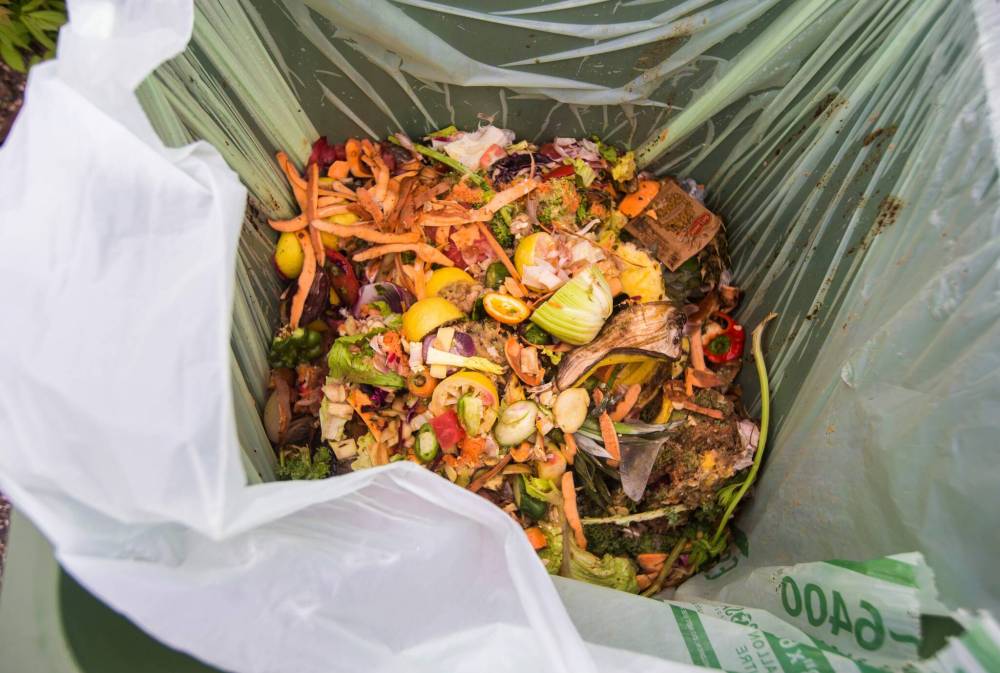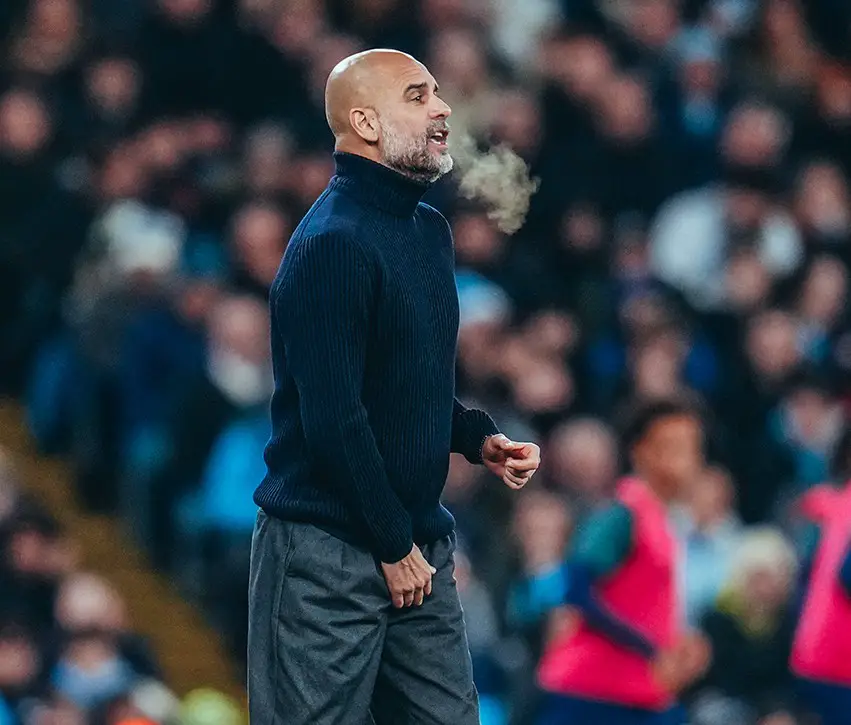
When farmers take to the streets of London on Tuesday, the National Farmers’ Union’s (NFU) day of action is likely to be eclipsed by a separate rally in Westminster. While 1,800 farmers go to Parliament to lobby MPs in set-piece events, tens of thousands more will gather near Downing Street, marshalled by a new breed of who have used their social media clout to turn rural discontent into urban action. The face of the rally is Olly Harrison, who grows cereal crops in Merseyside and bills himself as an “accidental YouTuber” with 142,000 subscribers.
He and four other farmers have been joined by a host of supporters with large online followings on YouTube, Instagram and TikTok. “Everyone is so angry that they’re coming to the likes of us, content creators, saying ‘can you help? You’ve got the platform.’ So we’ve become, sort of, the voice of agriculture,” Harrison told the .
“We’re all farmers. We totally get it. We’re as angry as everyone else, and people just need a bit of leadership, or feel like someone’s fighting their corner.
I know the NFU are [fighting] as well, but we can probably go a little bit further.” Harrison said that he considered running for an NFU position last year, as did Andrew Ward, who features his 1,600-acre arable farm in Lincolnshire on his Wardy’s Waffle YouTube channel, and Martin Williams, who has a mixed farm in Herefordshire. “All three of us decided we could have a bigger voice outside, and work alongside the NFU to get farming noticed more,” he said.
“We had farmers coming to us saying, ‘you should be in charge of the NFU’. We met some of the other people standing and realised that none of us have the time – and the constraints of it being a union meant we wouldn’t be able to speak our mind.” The influencers’ rally was organised initially as an overflow for the NFU event, and they plan to make a large donation to food banks – an attempt not to “go full French”, as Harrison put it in one video.
On Saturday, farmers from Digon yw Digon – Welsh for “enough is enough” – gathered in tractors outside the Welsh Labour conference in Llandudno where Keir Starmer addressed MPs and activists. Gareth Wyn Jones, a Welsh farmer with 2.6m YouTube subscribers, was a focal point of the protest and questioned Treasury figures that estimate only about 500 UK farms will be above the threshold for inheritance tax.
Farms worth more than £1m (rising to about £3m with some tax allowances) will be subject to the charge, but Wyn Jones and others, including Harrison, point to figures from the Department for Environment, Food and Rural Affairs (Defra) that show as many as 66% of farm businesses could be affected. Harrison believes that other sectors may join the farmers if Tuesday’s protest goes to plan. Ministers have “made bad decisions, not difficult decisions”, he said.
“The only way we’re going to get them to realise this is when the public can’t go to shops and pick up what they need, or go to a restaurant for their tea.” “Let’s see how Tuesday lands first. Because when there’s chaos, we need the public to understand why.
We need the voters on side, so there’s an education piece to be done first.” The farming influencer phenomenon began during the Covid lockdowns as Harrison and others discovered their online musings and videos about daily life were gathering a wider audience. Ioan Humphreys, who took over running his 500-acre family farm in Wales 10 years ago, started posting videos during lambing season, and Rebecca Wilson showed off the trials of planting and harvesting crops on her family’s farm in North Yorkshire.
They and Harrison are both on the roster of Hillsgreen, a digital marketing agency specialising in agriculture. Shabawn Farrall, who heads the influencer division, said it had begun in the past 12 months and now represents 24 influencers. “They were going to agencies in London who didn’t have any idea about our industry,” she said.
“I’m born and bred on a farm, so I get the struggles.” Hillsgreen has had to close its books to new talent and has a waiting list. Wilson posts mostly on Instagram and TikTok.
“I think the tides have turned in terms of public perception of farmers,” she said. “We’re always going to have people who are anti-farming, or maybe vegans who won’t like farming and the way we produce livestock for food. “But I think has made our job easier,” she said, referring to .
She tries to be honest about farming practices and believes that she leads by example by showing what happens when animals get ill and how they are treated. The farmers feel different to other influencers, who may generate all their income online. “If my Instagram shut down tomorrow, I would get on with my day job and carry on farming,” Humphreys said.
“I’m just very lucky. I just want to do my bit for the industry.”.














